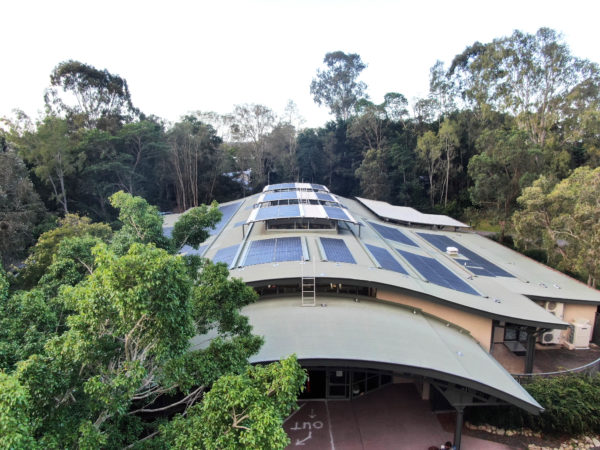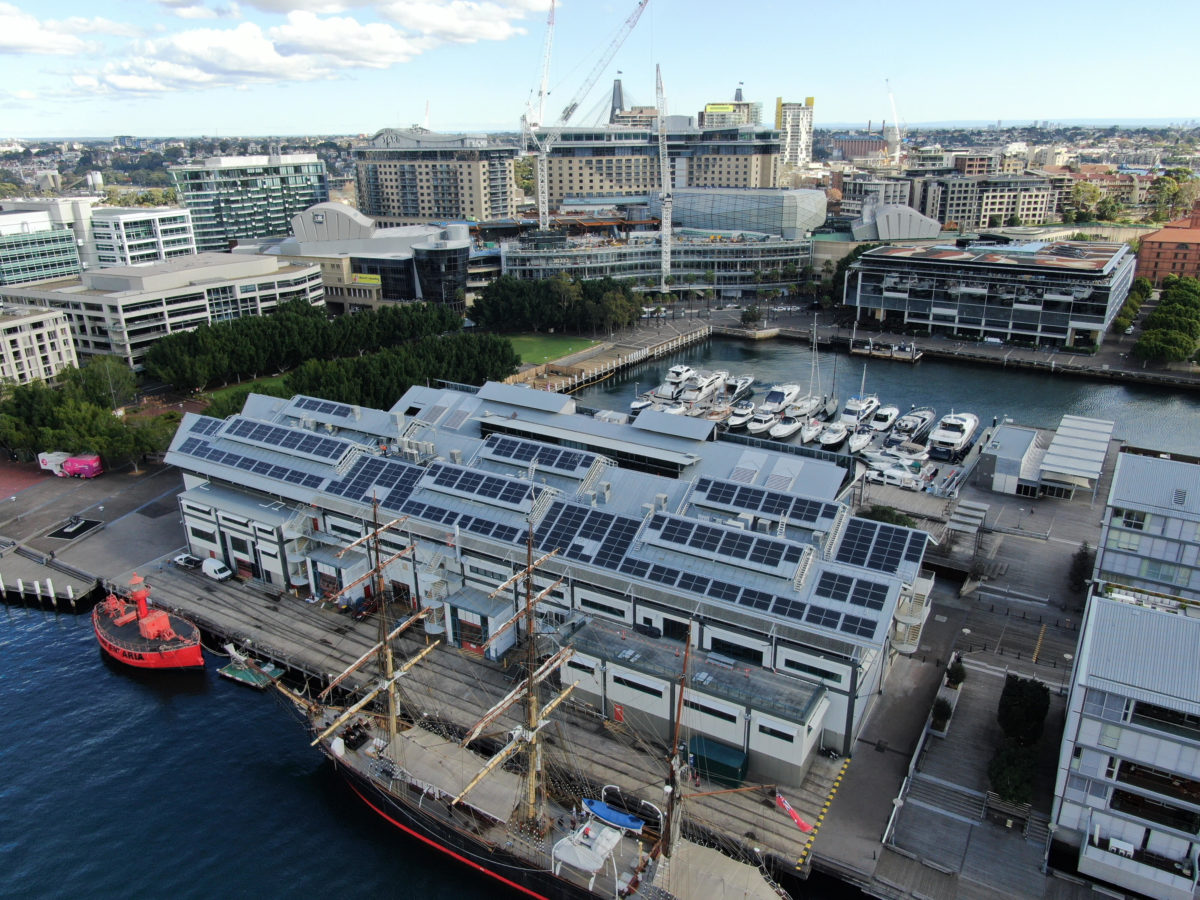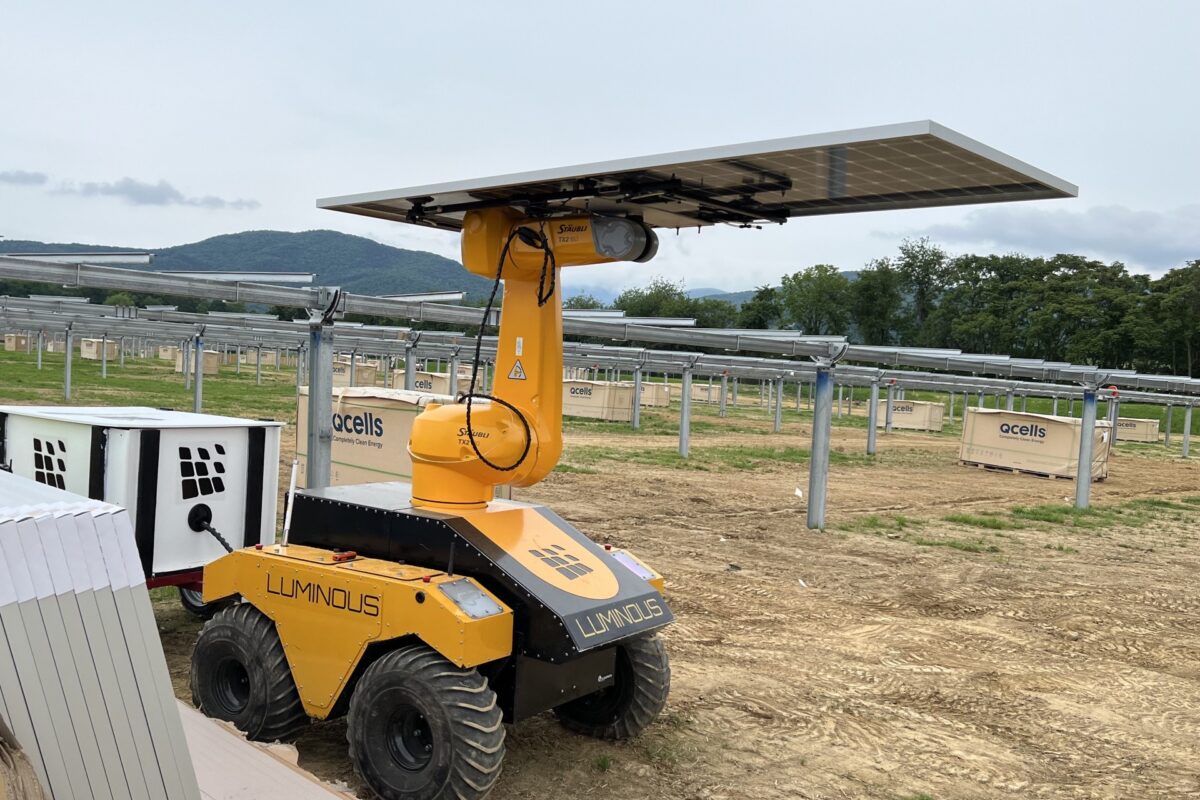After successfully negotiating the economic challenges of COVID-19 in 2020, Australia’s solar industry faces a new threat in 2021 with module manufacturer Sunman warning of an imminent world-wide glass shortage.
Sunman founder Dr Zhengrong Shi said he expects PV glass output to be 20%-30% short of global demand in 2021 and the shortage of supply risks having a knock-on effect in Australia with price increases and reduction of supply very real possibilities.
New figures released this week by solar industry consultancy SunWiz confirm the Australian solar industry enjoyed a record-breaking year in 2020 with 5 GW of solar PV installed, equivalent to almost 15 million average solar modules.
SunWiz managing director Warwick Johnston said every state and territory, except Tasmania, had smashed records for the volume of solar modules and system size installed and Australia led the world in uptake of solar on a per-capita basis.
Johnston said the annual growth rate for rooftop solar has exceeded 33% for the past four years and accelerated in 2020.
“The number of Australians installing rooftop solar systems increased by 40% compared to 2019 levels,” he said.
Shi said that booming demand for modules, which has been mirrored in many other nations, has placed enormous strain on the industry’s supply chain, and glass in particular is in high demand.
Most traditional solar modules utilise glass to protect the solar PV cells from potentially damaging external factors, with the glass accounting for approximately 20% of the cost of manufacture. The associated cost rises accordingly for bifacial modules which are becoming increasingly popular.
China is the world’s biggest manufacturer of PV products, responsible for an estimated 80% of the world’s solar module production capacity. The government however has previously imposed limitations on the production of glass and concerns are growing now that demand is outpacing production capacity.
Major module manufacturers in China, including Risen Energy, Longi, JinkoSolar and Trina Solar late last year issued a joint statement calling on the country’s government to intervene and ease solar-grade glass shortages they described as “out of control”.
The call came after the average selling price (ASP) of solar-grade 3.2mm glass more than doubled since July, caused by a “serious shortage” which has “critically affected” production and delivery of solar PV modules in recent months, the companies said.
In a statement, SunMan said the solar glass manufacturers had since requested permission from the Chinese government to increase production to counter the shortage but it will take some time for them to scale up.
While it is anticipated that new capacity will come online, it is expected there will be a shortage of large panels throughout 2021 as production capacity will not be able to keep up with the increasing demand for modules.

Image: Sunman
Shi, founder of Suntech Power which grew to be the world’s largest producer of solar modules, said price concerns had already triggered a 40% increase in enquiries for Sunman’s innovative e-Arc modules which use a lightweight polymer composite material in place of glass.
The flexible modules are 70% lighter than a glass panel which allows the modules to be installed across existing rooftops and other structures that are not strong enough to support heavier glass panels.
SunMan has rolled out more than 50 MW of e-ARC modules globally with 3 MW installed in Australia, including a 813-module 235 kW array atop the Australian National Maritime Museum in Sydney.
“The e-Arc modules are a cost-effective alternative to traditional solar as they are flexible and can be bonded to rooftops or other building surfaces such as facades,” Shi said.
“There is huge potential for commercial and industrial building owners to reduce their costs and lower emissions by investing in e-Arc solar.”
The technology has already attracted the attention of the Clean Energy Finance Corporation (CEFC) which last year poured $7 million into Sunman to further develop the application of its e-ARC modules.
This content is protected by copyright and may not be reused. If you want to cooperate with us and would like to reuse some of our content, please contact: editors@pv-magazine.com.









By submitting this form you agree to pv magazine using your data for the purposes of publishing your comment.
Your personal data will only be disclosed or otherwise transmitted to third parties for the purposes of spam filtering or if this is necessary for technical maintenance of the website. Any other transfer to third parties will not take place unless this is justified on the basis of applicable data protection regulations or if pv magazine is legally obliged to do so.
You may revoke this consent at any time with effect for the future, in which case your personal data will be deleted immediately. Otherwise, your data will be deleted if pv magazine has processed your request or the purpose of data storage is fulfilled.
Further information on data privacy can be found in our Data Protection Policy.